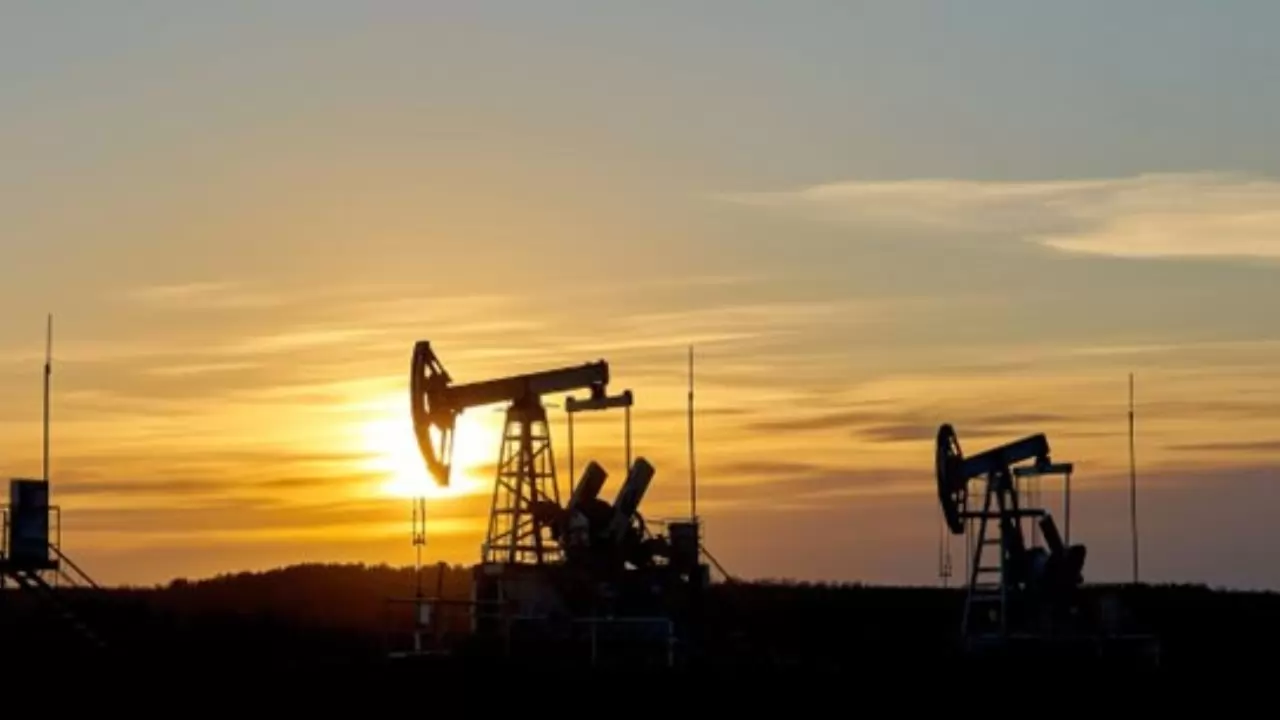
Representative Image (X/aditya_kondawar)
New Delhi: India is one of the world's largest consumers of crude oil, does not base its oil purchases on political considerations, External Affairs Minister S.Jaishankar stated at a press conference in Kyiv on Friday. This statement followed a meeting between Prime Minister Narendra Modi and Ukrainian President Volodymyr Zelensky.
Jaishankar was addressing questions about India's rise in Russian crude oil imports, surpassing China. This increase comes after Western nations imposed sanctions on Russian oil following its invasion of Ukraine in February 2022. The minister highlighted the unpredictable nature of the global oil market as a key factor influencing India’s imports.
"India is a big oil consumer... we are a big oil importer because we don't have oil. Now, it is not like there is a political strategy to buy oil... there is an oil strategy to buy oil... there is a market strategy," Jaishankar explained. He emphasized that the fluctuations in where India sources its oil are driven by market conditions rather than political motives. He noted that market dynamics, such as the restricted supply from major producers like Iran and Venezuela, influence these decisions.
“This is a factor that needs to be taken into account,” Jaishankar added, defending India's continued purchase of Russian crude amidst the ongoing conflict. He reiterated that the sanctions imposed on various producers have tightened the market, impacting global oil prices. “We explained to Ukraine (the current) market scenario. The fact that many producers have been sanctioned makes the market very tight,” he said earlier, emphasizing the importance of maintaining reasonable and stable oil prices for the global economy.
Analysts have reported that global oil prices are currently susceptible to demand fluctuations, influenced by weak manufacturing data from Europe, Asia, and the United States. Jaishankar had previously criticized Western nations for their continued purchases from Russia during the early phases of the war. In February, he explained to German daily Handelsblatt that if India had not bought Russian oil, it would have faced either an energy shortage or significantly higher prices due to increased demand from European nations.
Jaishankar argued that India’s continued purchase of Russian oil has, in some ways, helped stabilize the global energy market. He pointed out that if no one bought crude oil from Russia and all turned to other suppliers, energy prices would have surged even higher.
Before the Ukraine war, India's imports of Russian crude were minimal due to high freight costs. However, by 2023, India was importing around 1.66 million barrels per day from Russia, a significant increase from under 700,000 barrels in 2022. As the world’s third-largest oil importer and consumer, India became the leading buyer of seaborne Russian crude after Western countries halted their purchases and imposed sanctions on Moscow.
India has paid for this crude using a mix of rupees, dirhams, and Chinese yuan. In May, reports indicated that Reliance Industries, which operates the world’s largest refining complex, signed a one-year agreement with Russia’s Rosneft to purchase at least three million barrels per month, with payments made in roubles. This arrangement was crucial as it allowed Russia to bypass additional sanctions affecting payments routed through Western financial systems.
The West has attempted to persuade India to align with its sanctions policy, with the United States sending officials in April to encourage Delhi to adhere to a price cap aimed at limiting Moscow’s oil revenues.





Copyright © 2025 Top Indian News
